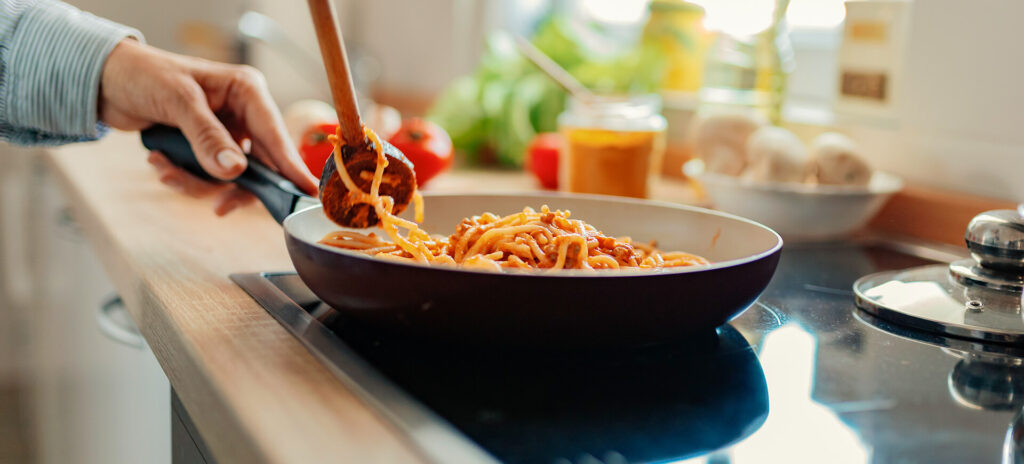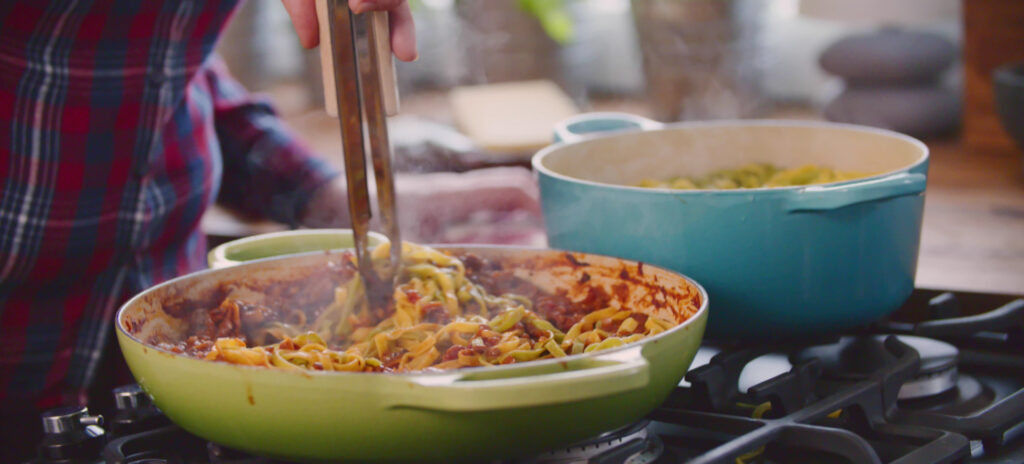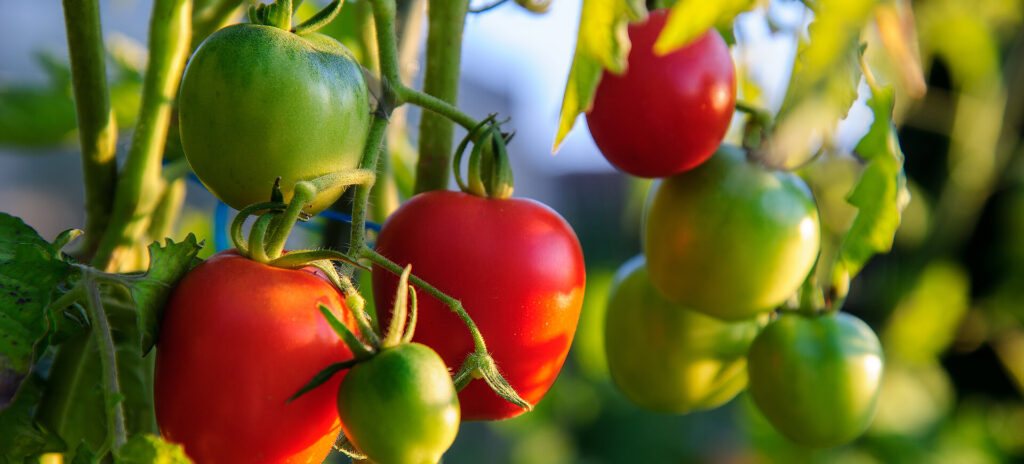First cultivated along the border between Syria and Turkey, olives spread throughout the Mediterranean becoming a dietary staple and a pillar of Italian cuisine. Archeological and scientific evidence shows that these tasty little orbs have been cultivated for millennia. Interestingly, a gorgeous, freshly-picked-off-the-tree olive is so bitter that it’s virtually inedible. In fact, only birds consume raw, uncured olives and they do so by swallowing them whole. So how did olives become such an important part of our diet and history? The answer lies in olive oil.
Olives are drupes, or stone fruit, like cherries, apricots and peaches. They have a delightfully oily outer flesh that encases a pit, or stone. Ground down, this outer flesh is perfect for extracting olive oil, which has been used in cooking, cosmetics, medicine, and lamps for 6,000-8,000 years. This versatility solidified the role of olive oil, and of course olives, in our history and diet.
The Romans later developed techniques to consume olives themselves, neutralizing their bitterness by fermenting them in brine. Naturally, this made it possible to enjoy the complex flavours of olives in many new ways and further paved the way for them to be cultivated and enjoyed all over the world.
Olives in Italian Cuisine
Olives continue to play a key role in Italian cuisine today, gracing tables in tapenades, pasta dishes, salads, and even on their own as a snack or appetizer. With hundreds of olive varieties, the possibilities are endless, but we have to admit that our favourite place to see olives is in pasta sauce. Puttanesca, for example, just wouldn’t be the same without the bold flavour of briny black olives!
Olive Oil in Italian Cuisine
It goes without saying that olive oil also remains indispensable in Italian cuisine. Today, it’s used for cooking, as a condiment, and to enhance the flavours of dishes once prepared. The flavours, colours, and aromas of quality olive oils are as varied as the delicious stone fruit they’re made from, and the importance of their role in Italian cooking is undeniable. Take pasta sauce, for example, almost every traditional pasta sauce you’ll encounter will have been prepared using olive oil. Made with the highest quality extra virgin olive oil, our Nonna Pia’s pasta sauces are no exception.



